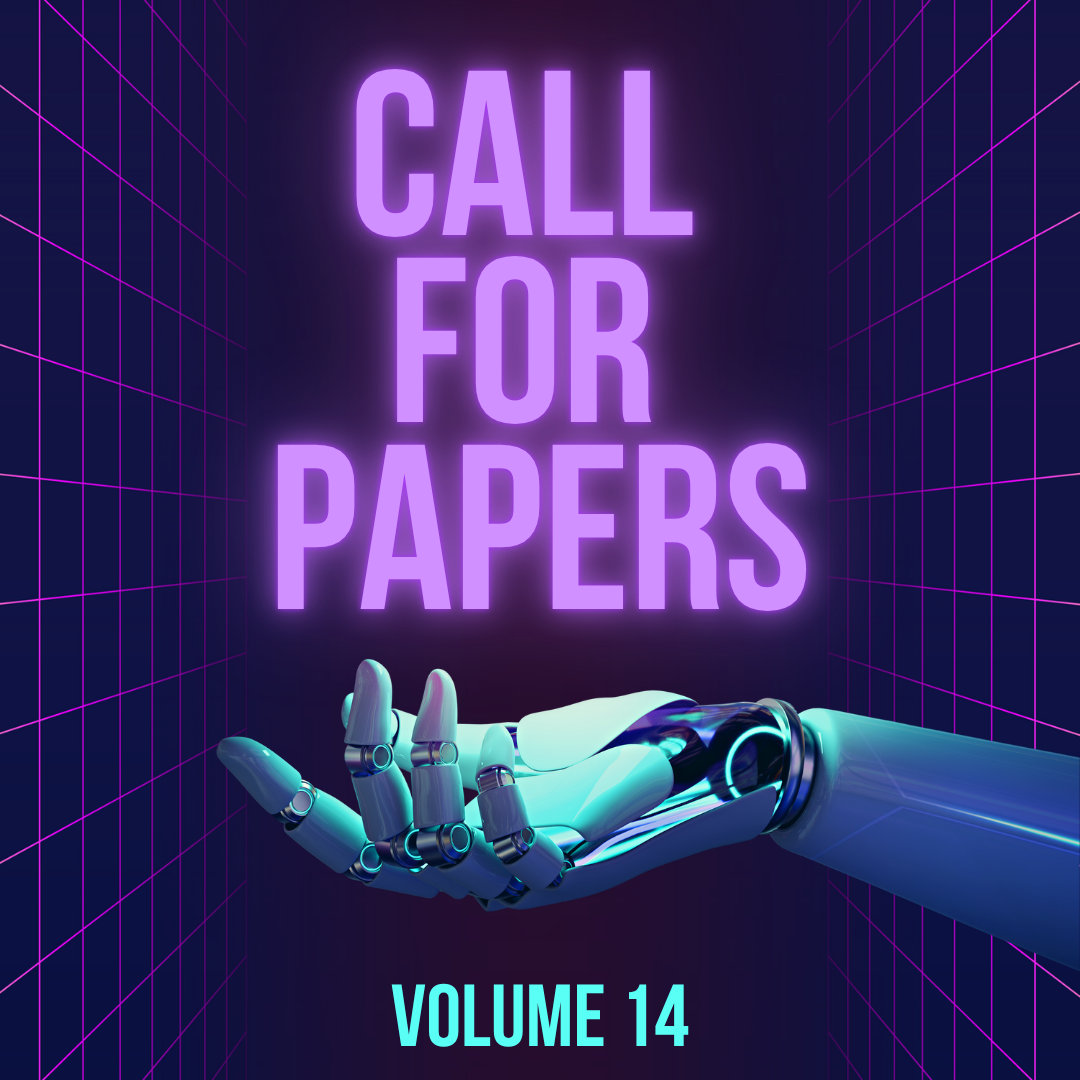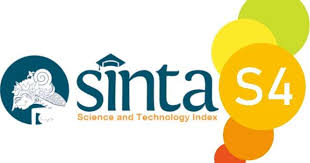Deep Learning for ECG-Based Arrhythmia Classification Based on Time-Domain Features
Keywords:
ECG arrhythmia, Feature extraction, Time-domain analysisAbstract
Arrhythmia is a disturbance in the electrical activity of the heart that can affect the rhythm and duration of the heartbeat. Early detection of arrhythmia is crucial to prevent more serious complications. Electrocardiogram (ECG) is an effective non-invasive diagnostic tool in detecting arrhythmia, but manual detection by experts takes time. To overcome this limitation, this research develops an arrhythmia classification system by utilizing deep learning. This study involves a series of stages, starting from pre-processing, feature extraction, and arrhythmia classification models using convolutional neural networks (CNN) and long short-term memory (LSTM). The results showed that feature extraction successfully improved model efficiency and accuracy. Evaluation of model performance using accuracy, recall, precision, specificity, and F1-score metrics showed that the LSTM model achieved 95% accuracy, 96% recall, 96% precision, 99% specificity, and 96% F1-score, outperforming the CNN model which achieved 91% accuracy, 90% recall, 89% precision, 98% specificity, and 89% F1-score. Thus, these results indicate that the LSTM model is superior in arrhythmia classification.



